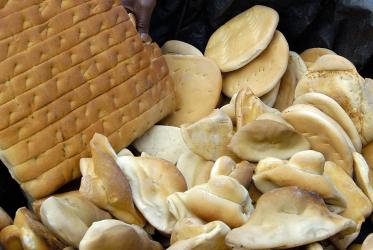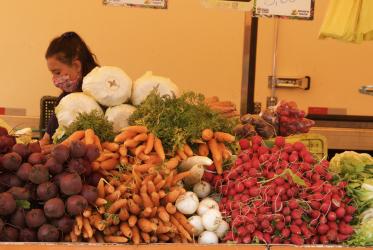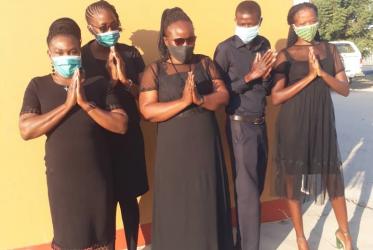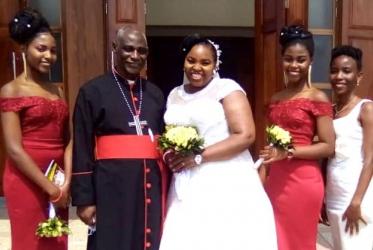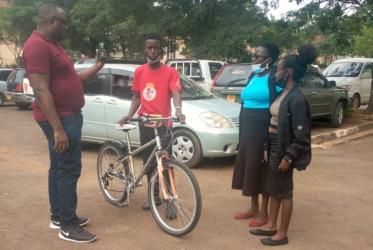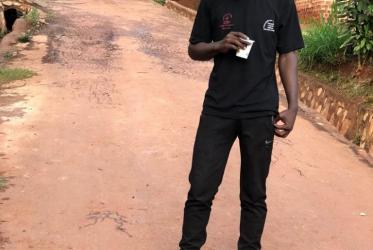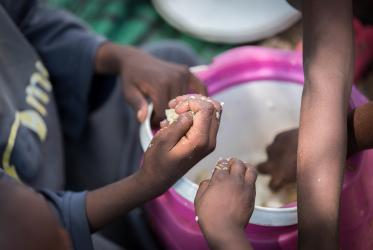Displaying 141 - 160 of 461
WCC to host online prayer service for World Food Day
09 October 2020
Thursdays in Black is growing in Namibia
20 August 2020
True and false prophecy in the age of pandemic
12 August 2020
In Uganda, resilience and hope overshadow stigma
31 July 2020
